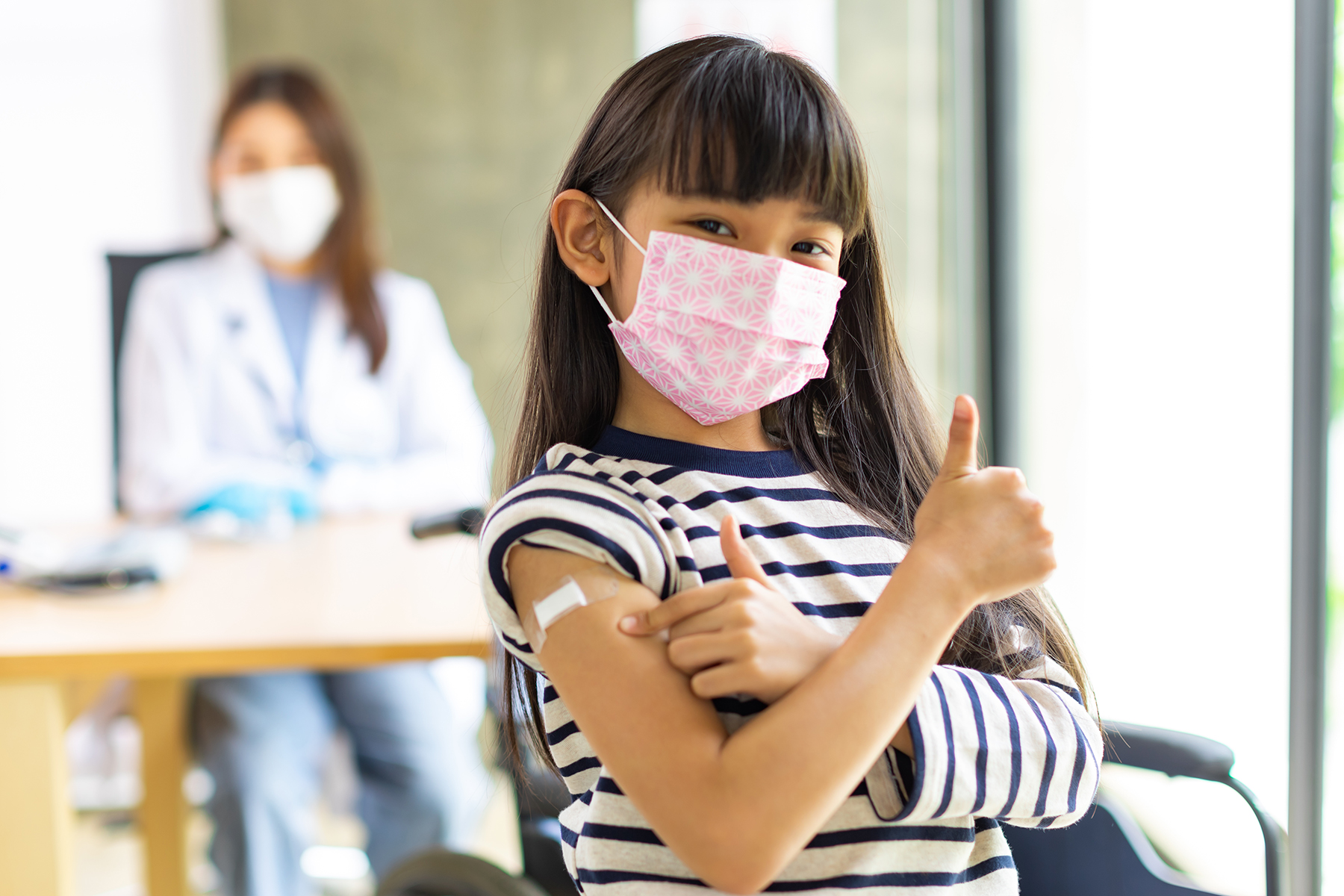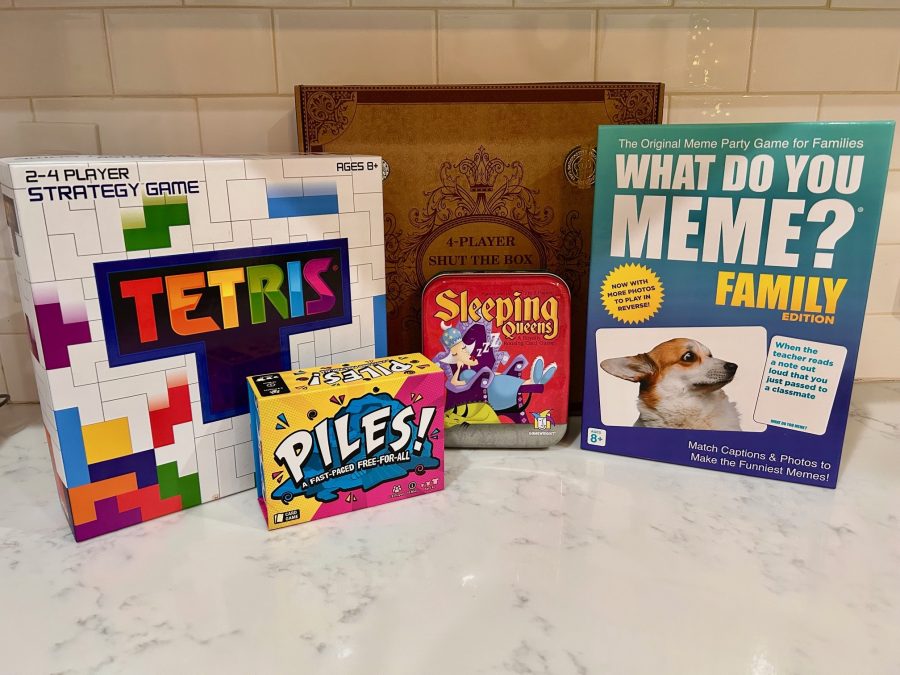Disclosure :: This post is sponsored by Our Lady of the Lake Children’s Health and written by Dr. Michael Bolton.
COVID Vaccine & Kids Ages 5-11

The same COVID-19 vaccine created by Pfizer-BioNTech that has been used in adults and children older than 12 is now available for younger patients, ages 5 to 11, having received emergency use authorization from the FDA. It’s important for anyone who can get the vaccine to do so, even kids. Vaccinating children is key to stopping the spread, protecting others, and returning to a more normal way of life.
Michael Bolton, MD, pediatric infectious disease specialist with Our Lady of the Lake Children’s Health, provides some answers to questions parents may have as they make this important decision to further protect their children and communities.
The Pfizer-BioNTech COVID-19 vaccine is given as an injection into the muscle, and it’s administered as a two-dose series, three weeks apart. It’s the same technology as the vaccine that millions of people have received, but a third of the dose that people older than 12 receive.
If Kids Don’t Get Sick from COVID-19, Why Should They Get Vaccinated?
Children usually do not get as sick as adults do when they are infected with COVID-19, but they do catch and transmit COVID-19. Some have had severe illnesses, and over 800 children have died. Even one child’s death is too many for this now vaccine-preventable illness.
Getting immunized is much safer than risking COVID-19 infection, as there’s no way to predict how sick a person will get. Very healthy people have become extremely ill and some with lots of chronic health problems experienced no symptoms at all. Avoid the gamble and get your child vaccinated to protect them and everyone around them.
What About the Risks of Side Effects?
Vaccine side effects are generally mild. Feeling sick for a day or two with fever and body aches is a normal immune response and is like what kids may feel when getting any other routine vaccine. Having acetaminophen for children on hand can help minimize discomfort of those mild reactions.
The likelihood of you having a bad outcome or having ill effects from COVID is much, much higher than any side effects of the vaccine. When you look at the number of folks including children who have died from COVID vs. receiving the vaccine, it’s easy to see that the vaccine is the way to go.
If We’ve Already Had COVID-19, Why Should My Child Get Vaccinated?
Studies have shown that immunity from a natural infection isn’t as protective as the immunity you get from the COVID-19 vaccine. You have much longer immunity and protection when given a vaccine than when you had an infection.
We don’t yet know how long after a COVID-19 infection antibodies remain active to protect kids after they have recovered. If your child had COVID-19 and was treated with monoclonal antibodies should wait 90 days before they’re vaccinated. Check with their doctor if you’re not sure what treatments they received.
What If My Child Hates Shots?
Providers are dedicating to making your child’s COVID-19 vaccine experiences positive ones. We recognize that the needle stick or “poke” can be a bit uncomfortable, but together we work to make it a more comfortable experience for you and your child.
Prepare your child before the appointment. Be honest, use simple, child-friendly words such as “poke,” rather than “shot” or “needle.” Practice beforehand, and some techniques can help such as holding still, taking deep breaths or counting. Distraction can be useful too, before, during and after the procedure, and screen time may be a great option.
We have several pain management products that can be applied to the skin to reduce your child’s discomfort associated with the “poke.” Ask your nurse which option is best for your child.
Can My Child Get Other Shots at the Same Time?
If children need to catch up on other regular vaccines, including a flu shot, they can safely get those at the same visit.
About the Author
 Michael Bolton, MD, is a pediatric infectious disease specialist with Our Lady of the Lake Children’s Health. Discover more about COVID-19 and get the latest information at OLOLChildrens.org/coronavirus.
Michael Bolton, MD, is a pediatric infectious disease specialist with Our Lady of the Lake Children’s Health. Discover more about COVID-19 and get the latest information at OLOLChildrens.org/coronavirus.


















